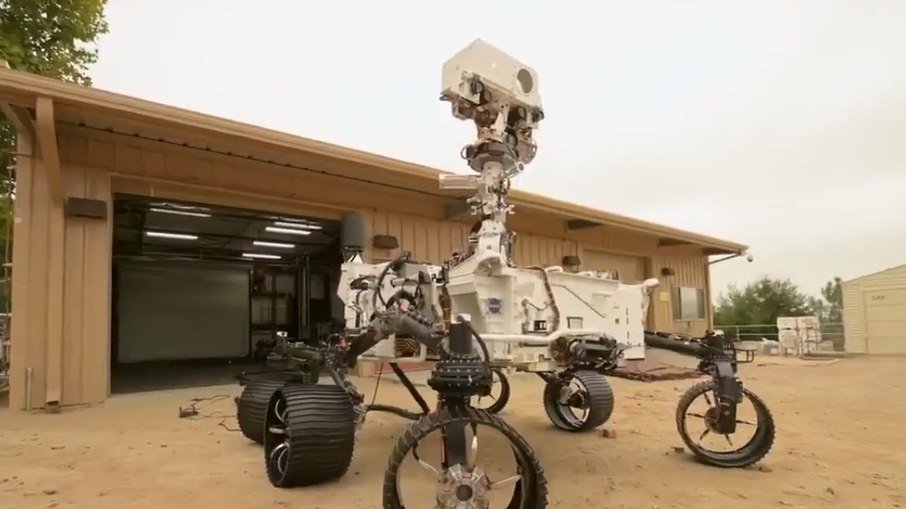A NASA robot discovered a mysterious rock on Mars, possibly one of the oldest ever analyzed, while exploring an ancient riverbed in the Jezero crater where it landed in 2021.
Per NASA, Perseverance is examining a group of rocks in the primary crater valley, an area created by ancient water flow carrying sediments and large stones. The rover came across a collection of unique rocks, with one notably different piece catching the attention of researchers.

Katie Stack Morgan, a mission scientist, described the rock as potentially one of the oldest or youngest formations ever studied on Mars. The team is exploring if the rock originated from deeper layers of the Martian crust or was moved from the crater’s base through natural mechanisms.
Scientists anticipate locating sediments from one of the final water streams to pass through the area in a place known as Bright Angel, which is the robot’s upcoming destination.
The robot is furnished with advanced cameras, chemical sensors, and underground radar to identify the source of these formations. Based on the findings, certain samples may be gathered for potential retrieval to Earth.
Perseverance is gearing up for a new exploration phase, concentrating on investigating Jezero crater to gain insights into Mars’ geological history and potential past presence of water and microbial life.
Watch the video: